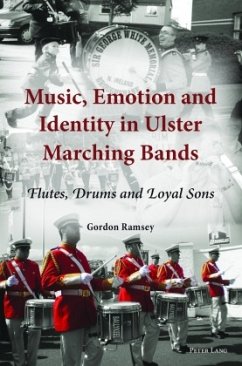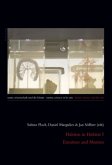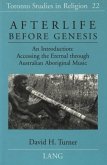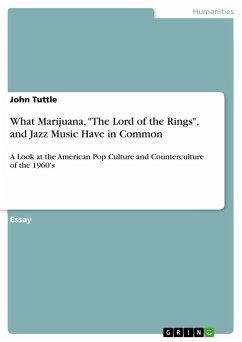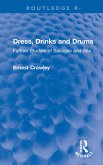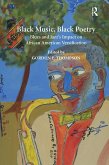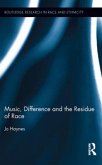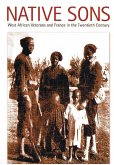Ulster's marching bands form perhaps the most vibrant participatory folk music tradition in contemporary Europe, and are one of the most significant and visible elements of working-class loyalist culture in the divided society of Northern Ireland. Their significance springs largely from the central place they have assumed in the lives of their members.
This book presents an ethnography of three County Antrim flute bands from the very different genres of 'part-music', 'melody' and 'blood and thunder'. The author explores the emotional rewards of communal music-making and the way that identities are formed through the acquisition of tastes, competences and skills within specific communal contexts, paying particular attention to the impact of class position. These issues are examined in the context of the competitions, concerts and street parades that are central to the social lives of thousands of band members and supporters in Northern Ireland.
This book presents an ethnography of three County Antrim flute bands from the very different genres of 'part-music', 'melody' and 'blood and thunder'. The author explores the emotional rewards of communal music-making and the way that identities are formed through the acquisition of tastes, competences and skills within specific communal contexts, paying particular attention to the impact of class position. These issues are examined in the context of the competitions, concerts and street parades that are central to the social lives of thousands of band members and supporters in Northern Ireland.

